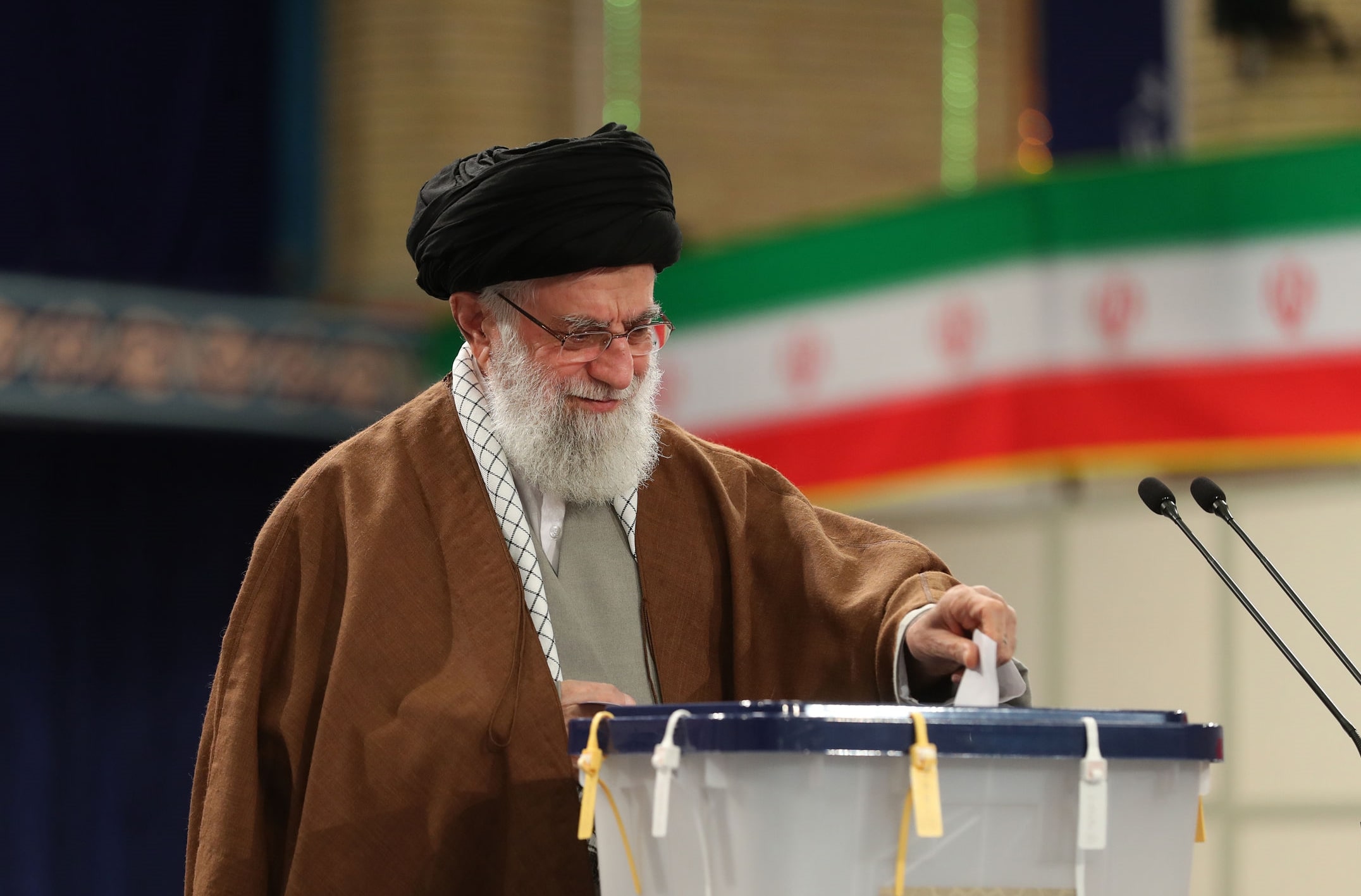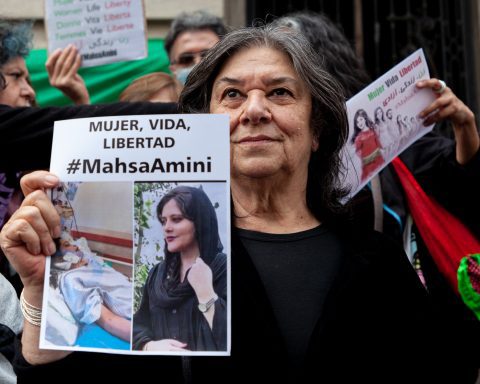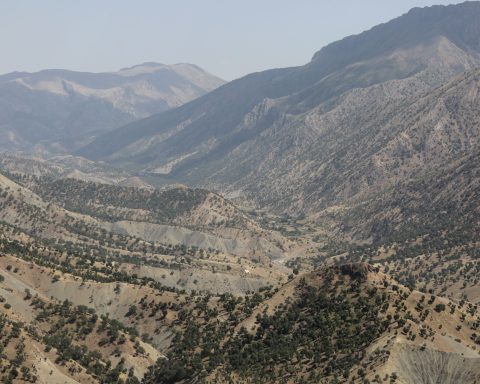In his televised speech, Iran’s Supreme Leader Ayatollah Ali Khamenei called voters to participate in large numbers in the upcoming presidential election. The Supreme Leader highlighted that such a high turnout would show the strength of the Iranian political system and reduce foreign pressure on Tehran.
Stressing that a significant event for the country would take place in less than 48 hours, Khamenei said, “… by your presence and vote, you actually determine the fate of the country, in all major issues.”
“If we have a fall in the election turnout, we will have an increase of pressure from our enemies,” he added.
The Supreme Leader’s remarks came amid expectations that the turnout for tomorrow’s elections would be low because of the Iranian people’s dissatisfaction which arose from the disqualification of several prominent moderate and conservative candidates.
The Guardian Council, the top vetting body in the Islamic Republic, found several prominent moderate and conservative hopefuls non-eligible for the June 18 elections. Thus, hardliners became dominant in the race, while Abdolnaser Hemmati, former chief of the central bank, remained as hardliner Ebrahim Raisi’s main moderate opponent.
Following these disqualification decisions, some pro-reformists, including leading politicians and activists, have called people to boycott the upcoming election. A social media campaign with the hashtag #NoToIslamicRepublic has also been carried out by Iranians living both inside and outside the country in the past weeks.
The latest polls indicated that the turnout could be as low as 41%. In such a scenario, that would be significantly lower compared to past elections.
Meanwhile, the numbers of candidates fell to four through the bowing out of the running of two hardliners and one moderate. On Wednesday, first, moderate Mohsen Mehralizadeh and then former nuclear negotiator Saeed Jalili and hardline lawmaker Alireza Zakani quit from the running. While Mehralizadeh’s withdrawal is expected to support Hemmati, the other two candidates’ resignation will likely consolidate the hardline vote behind Raisi.
Under this circumstance, the election is expected to shuttle between the hardline head of the judiciary Ebrahim Raisi, and the moderate former head of the central bank Abdolnaser Hemmati.
It also should be noted that the Supreme Leader has the last say over state affairs according to Iran’s administration system. On the other hand, the elected president is charged with running the day-to-day affairs of the country.
The election will be held in a sensitive time when the country is negotiating in Vienna with world powers to revive the 2015 nuclear deal. Iran is also holding simultaneous indirect talks with the United States to lift the sanctions that Washington imposed on Tehran.














